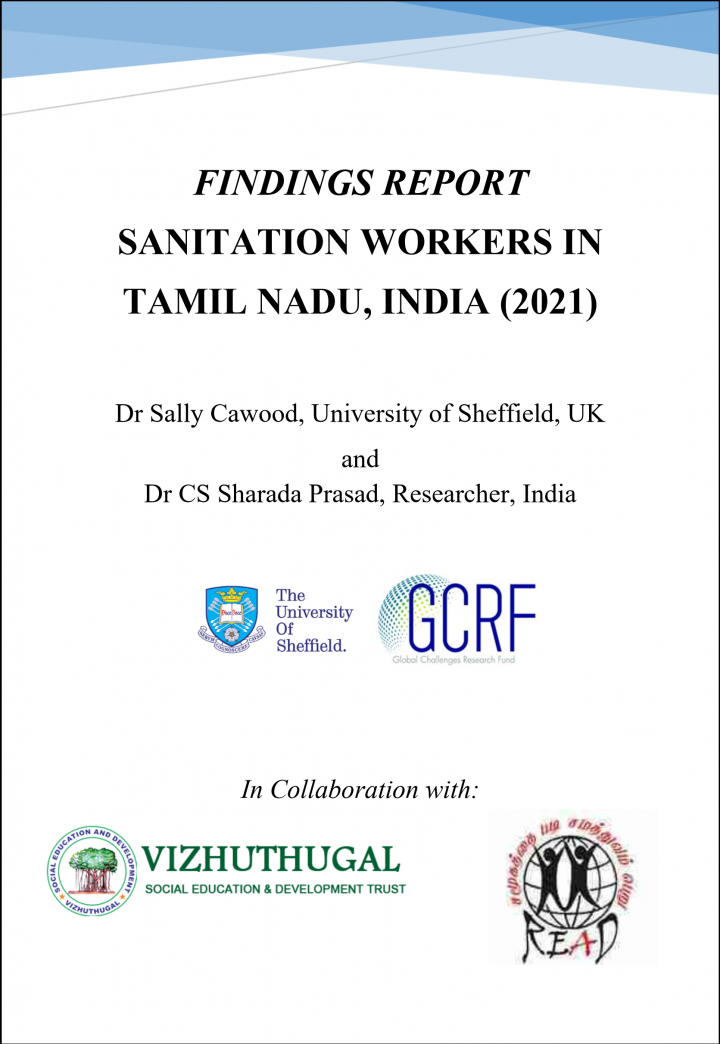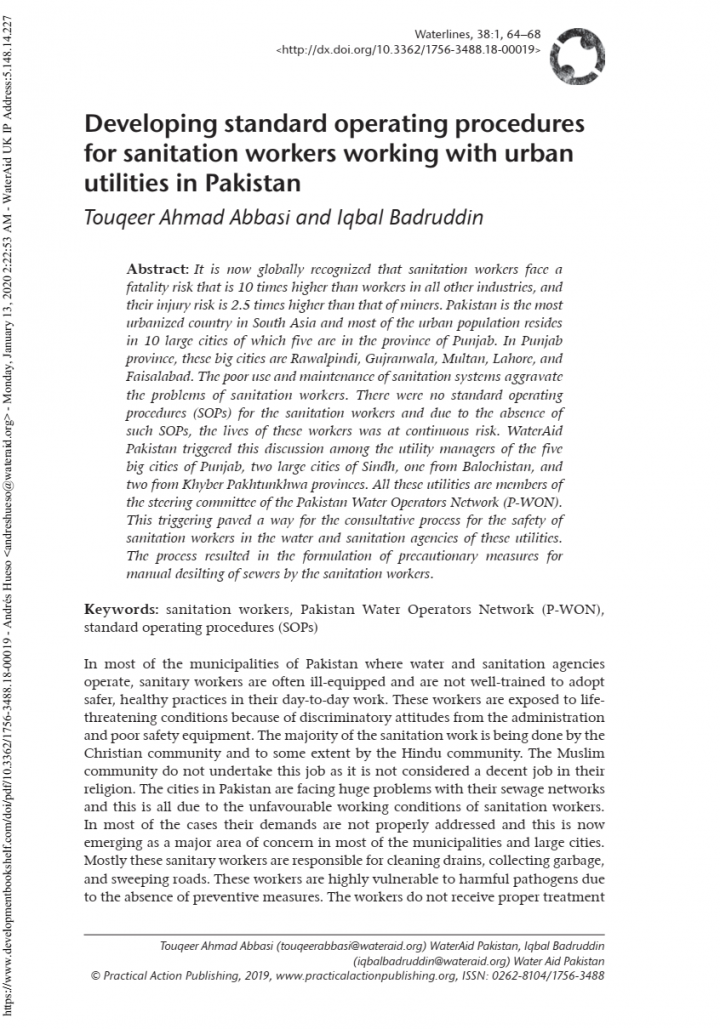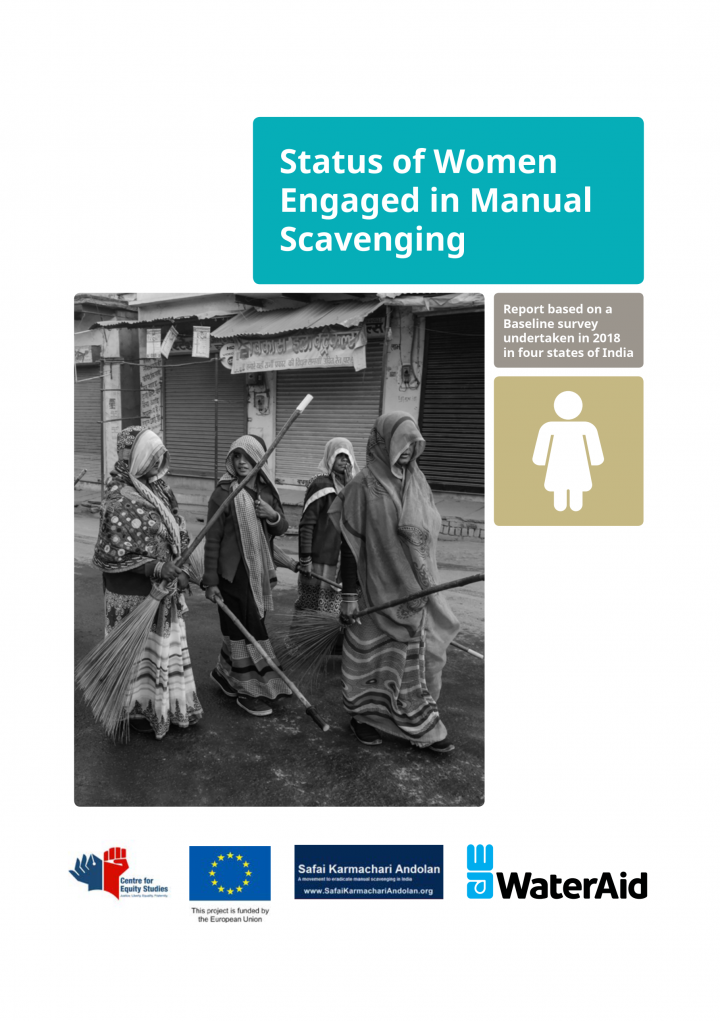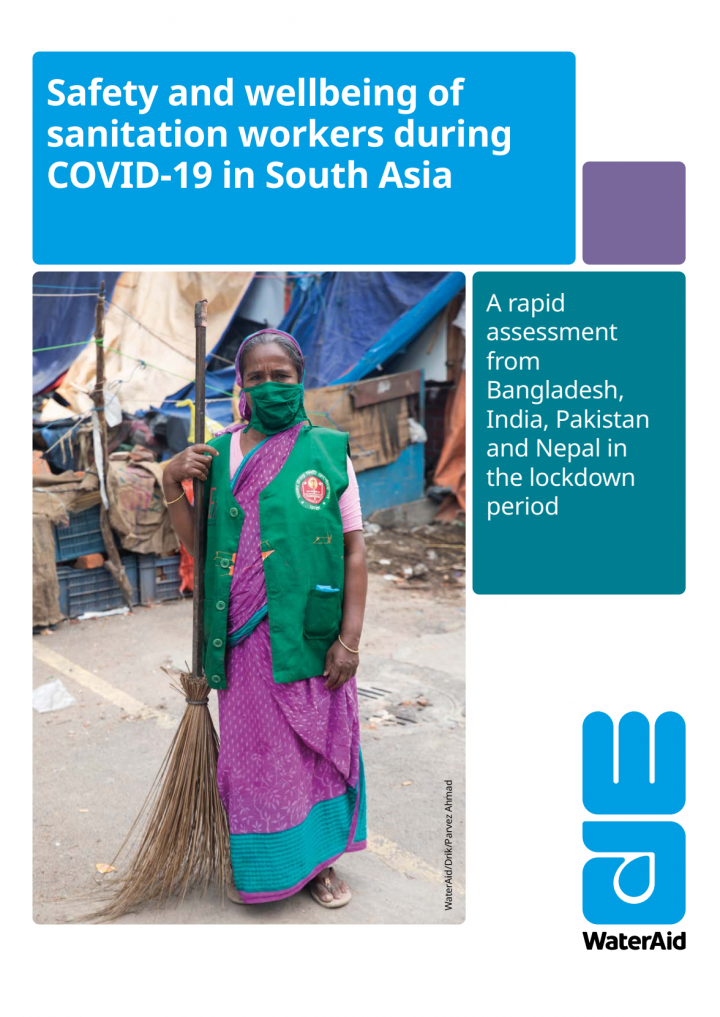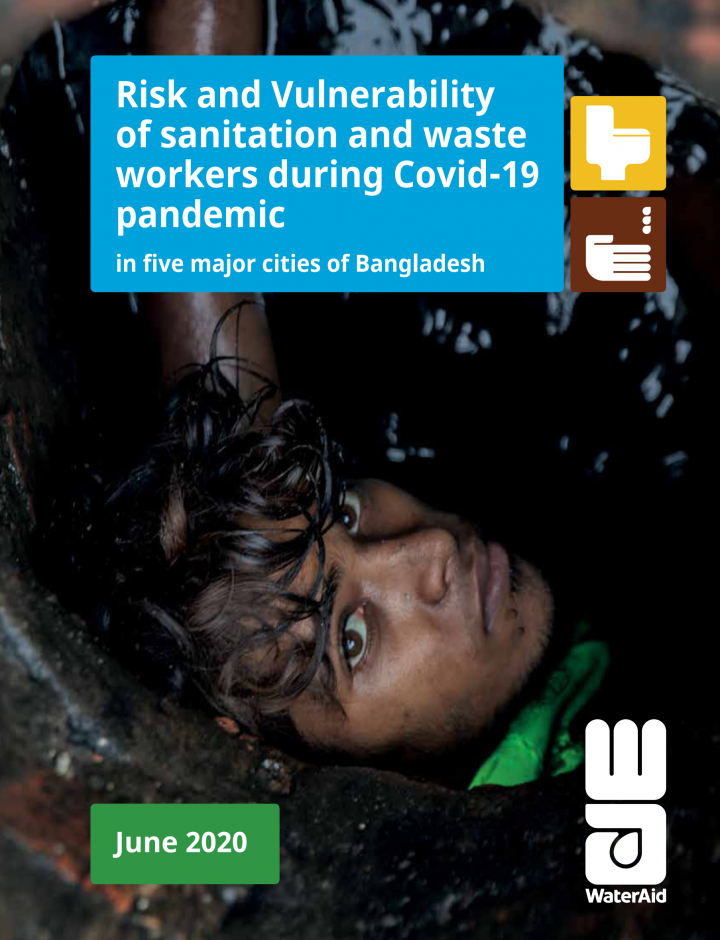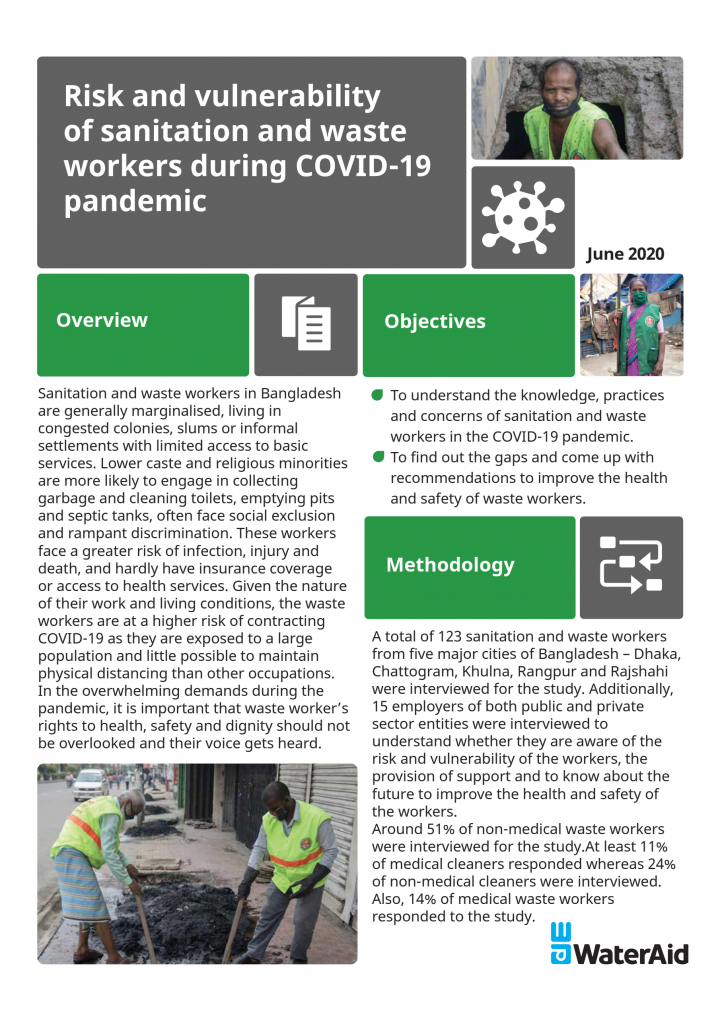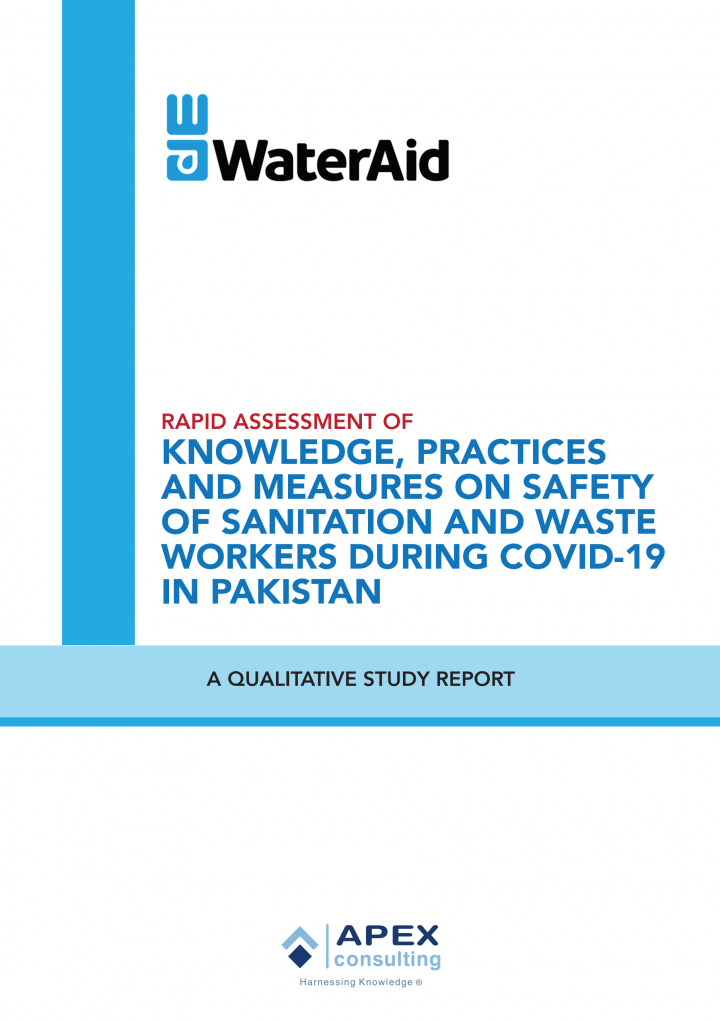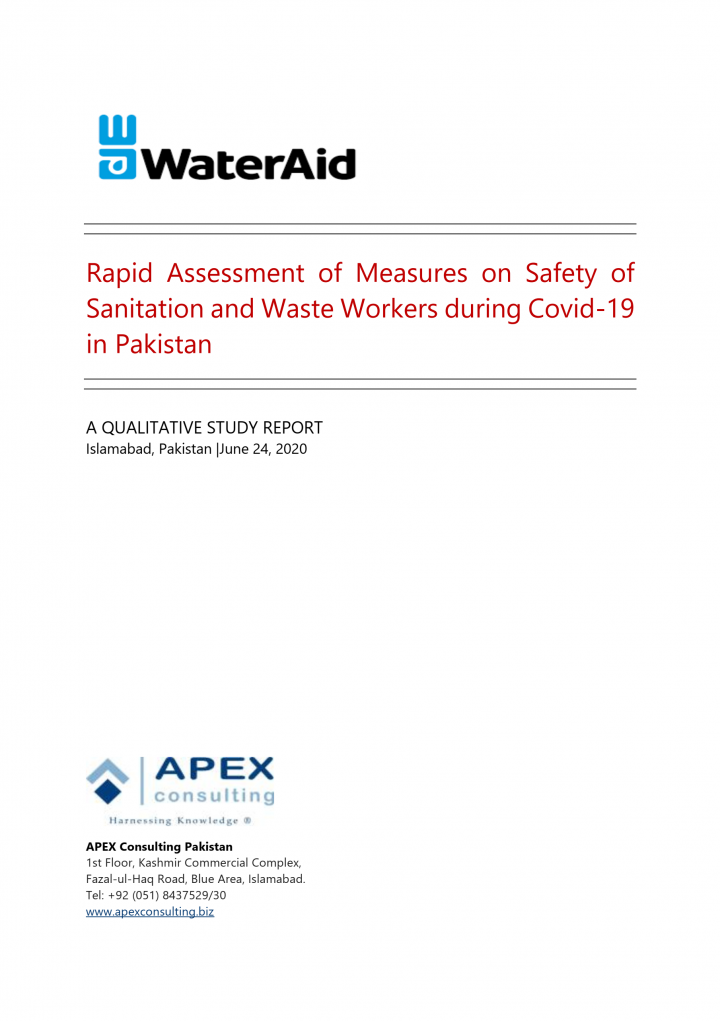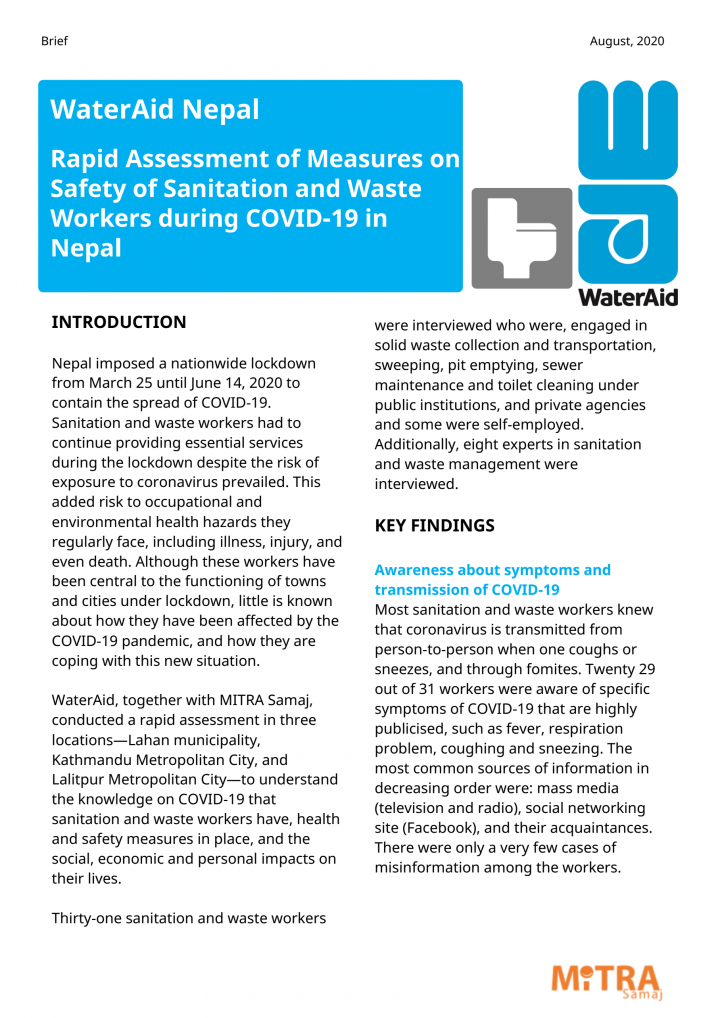Searching for information on Sanitation Workers?
The Sanitation Workers Knowledge + Learning Hub is the best source for all current news, trends, articles and updates on sanitation workers rights around the world.
Polite notice: This session includes detail (through the documentary film and presentations) about real-life cases of sanitation worker deaths and injuries, which some viewers/attendees may find upsetting*
Workshop to connect key learnings from the labour and human rights sectors (on occupational health and safety, formalisation, collectivisation, worker entitlements and responding to labour …
Sanitation workers provide essential services often at cost of their health and dignity. Little research has been done and there is an urgent need for evidence for policy and programs. Participants in this workshop will hear from moderators on challenges and contribute to setting a global published research agenda by proposing research questions.
Chairs: Kate Medlicott & Abisola Osinuga …
Includes reflections on the Garima Scheme in Odisha, India from G. Mathivathanan (Principal Secretary to Govt Housing & Urban Development Department, Government of Odisha, India), Manvita Baradi (Director, Urban Management Centre) and Meghna Malhotra (Deputy Director, Urban Management Centre).
About Garima
The Garima scheme for Safety and Dignity of Core Sanitation Workers was launched in …
Thousands of lives of sanitation workers are endangered and lost in low and middle income countries (LMICs) while manually cleaning confined spaces like septic tanks and sewer lines. These deaths are avoidable if we take corrective measures. Join us to discuss leading practices that cities can observe to make work safer for sanitation workers!
Speakers
Prabal Bhardwaj, PMU- SBM, Ministry of …
This session examines some of the ways in which to enhance Occupational Health and Safety (OHS) of sanitation work, via technical innovations, as well as targeted laws, policies and regulations. The speakers highlight a number of worker-centred avenues to strengthen OHS, as well as key gaps where further participatory research and advocacy is urgently needed.
Speakers
1. Froggi VanRiper …
This session examines the multiple ways in which Covid-19 has affected sanitation workers at their workplace and in their personal lives. The speakers highlight how the pandemic disproportionately impacted sanitation workers who were on the 'frontline', yet often had little to no personal safety equipment, work protections or faced intense work pressure. We discuss potential opportunities arising …
*French with English translation*
This session examines the intersectional dimensions of sanitation work relating to gender, caste, class, race and age (including inter-generational change). The speakers cover particular challenges for women sanitation workers in India, Côte d'Ivoire, Madagascar and Senegal, and explore ways in which to visibilise often hidden or unseen working practices and …
A pre-recorded conversation between Dr Jen Barr and consultant, researcher and photographer Dr CS Sharada Prasad, who is behind many of the striking images used by international agencies to highlight the everyday lives of sanitation workers (especially those involved in manual pit latrine, septic tank, sewer, drain or dry latrine cleaning) across India.
In this recording, Dr Prasad reflects …
A pre-recorded conversation between Dr Sally Cawood and activist, writer, researcher and teacher Dr Hemangi Kadlak (Assistant Professor, Vellore Institute of Technology, Tamil Nadu and Strivajin Foundation).
In this recording, Dr Kadlak discusses the motivations for her research on sanitation workers and manual scavenging in India, with important takeways for us all.
This session explores the changing nature of sanitation work from a global and historical perspective. It sets out to challenge misconceptions that sanitation work (including hazardous forms) is confined to the so-called 'Global South', or that the 'Global North' has found the 'solutions' to safe sanitation for all. Drawing on experience in India, Pakistan, the USA and Nigeria, the session …
This session explores the realities of sanitation work in urban settings across India and Kenya. Whilst distinct historically, socially, politically and geographically, hazardous forms of sanitation work (including manual pit or manhole emptying) persist in both countries. Speakers explore the changing realities of sanitation work in each country, including ways to improve working conditions for …
This session focuses on the changing terminology to describe sanitation work and workers, and persistent forms of stigma and discrimination that many workers face today. The speakers raise important questions about representation of workers in global and national-level advocacy, and the ongoing struggle to be recognised as an essential workforce.
Speakers
1. Dr. Sheeva Y. Dubey (Assistant …
The overall aim of the project was to identify the ways in which sanitation workers can improve and/or move out of hazardous and degrading forms of sanitation work – specifically pit latrine, septic tank, drain and sewer cleaning and emptying – in urban areas (small towns and large cities). The dire working conditions of sanitation workers – men, women and children engaged in the handling …
It is now globally recognized that sanitation workers face a fatality risk that is 10 times higher than workers in all other industries, and their injury risk is 2.5 times higher than that of miners. Pakistan is the most urbanized country in South Asia and most of the urban population resides in 10 large cities of which five are in the province of Punjab. In Punjab province, these big cities are …
The baseline survey was conducted in the four states of Bihar, Madhya Pradesh, Uttar Pradesh and Jharkhand. This report has analysed the data generated for the following areas:
a. Manual scavenging (MS) and dry latrines
b. Prevalence of stigma, discrimination, untouchability, gender and caste-based discrimination and violence
c. Participation in community led initiatives for rights and …
The COVID-19 pandemic reached South Asia at the beginning of 2020 and by March most of the countries in the region had imposed lockdowns in an attempt to curb the rampant spread of the disease. Severe restrictions on movement were introduced and businesses were closed. Only the provision of essential services – including sanitation and waste management – were permitted to …
Bangladesh has been identified as one of the 20 most vulnerable countries to be affected by the COVID-19 pandemic. Its high population density, poor infrastructure, and low levels of awareness of basic preventive measures culminate in a highly vulnerable and fragile country on the brink of a major crisis, with severe ramifications for public health, the economy and social cohesion. The recent …
Sanitation and waste workers in Bangladesh are generally marginalised, living in congested colonies, slums or informal settlements with limited access to basic services. Lower caste and religious minorities are more likely to engage in collecting garbage and cleaning toilets, emptying pits and septic tanks, often face social exclusion and rampant discrimination. These workers face a greater risk …
The rapid assessment attempts to collect information on the knowledge and awareness about transmission, symptoms, prevention and treatment of coronavirus, hand hygiene practices and concerns of sanitation workers and solid waste collectors about Covid-19 pandemic, the kind of safety measures put in place to protect these workers and the gaps that exist in terms of safety measures. Using …
WaterAid Pakistan commissioned this rapid assessment research on the knowledge, practices and perspectives of sanitation workers and solid waste collectors about Covid-19 pandemic in Pakistan. The specific objectives of research were to understand the knowledge, practices and concerns of sanitation and waste workers regarding coronavirus, and; to find out the gaps and come up with recommendations …
Nepal imposed a nationwide lockdown from March 25 until June 14, 2020 to contain the spread of COVID-19.
Sanitation and waste workers had to continue providing essential services during the lockdown despite the risk of exposure to coronavirus prevailed. This added risk to occupational and environmental health hazards they regularly face, including illness, injury, and even death. Although these …

